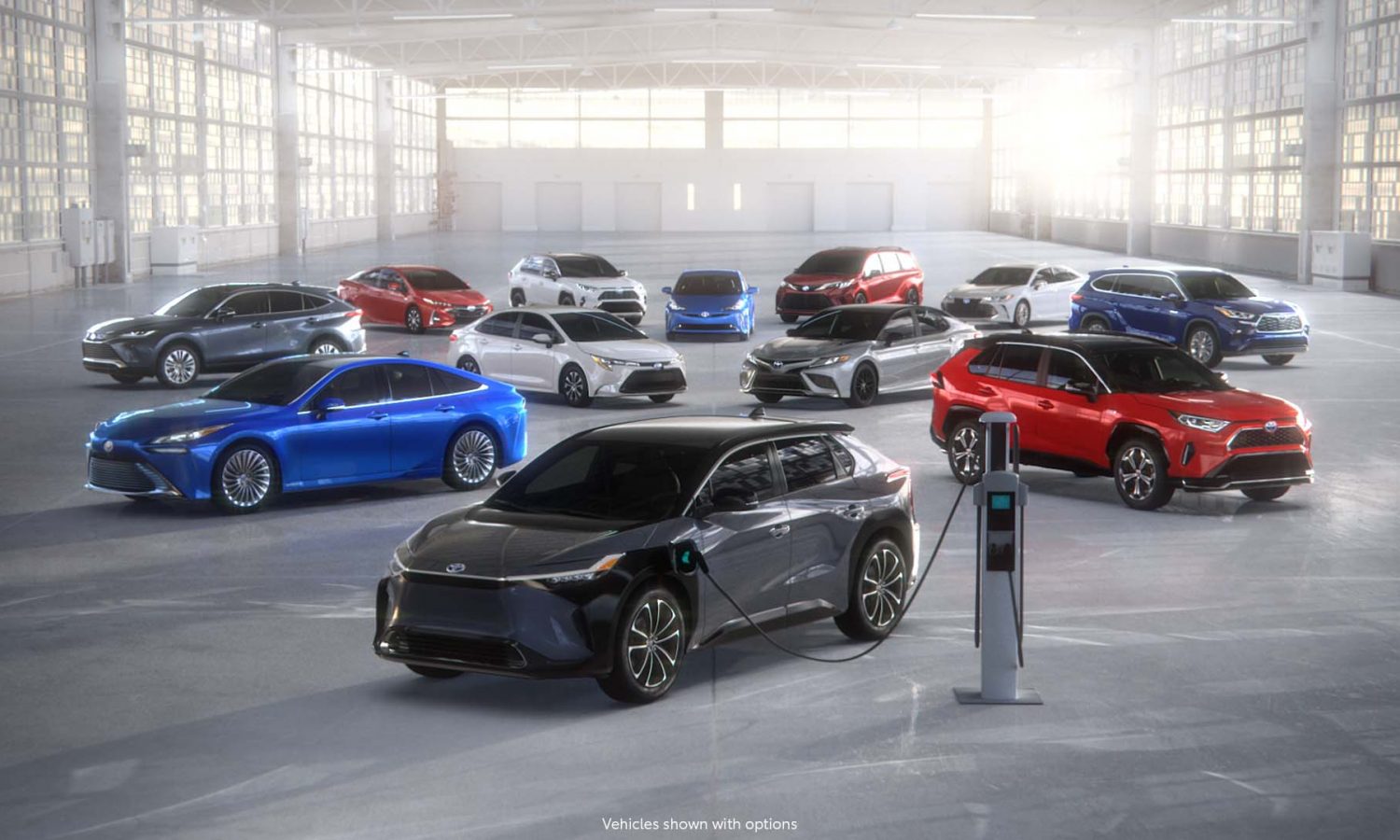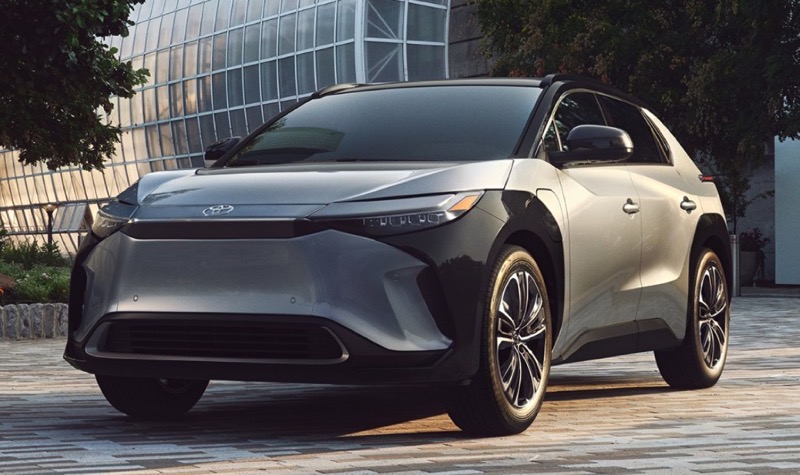
Toyota Says EVs Do Not Make Sense in Australia, Buy a Hybrid
On the day of its first electric vehicle (EV) debut in the nation, Toyota Australia expressed skepticism about the suitability of EVs for the Australian market.
Sean Hanley, Toyota Australia’s Vice President of Sales, Marketing, and Franchise Operations, stated that EVs currently do not “make sense” in Australia, where the majority of electricity is generated from coal-fired power stations, reports CarSales.
Toyota has been a market leader in hybrid vehicles in Australia for over two decades, selling 350,000 units. Hybrid cars now account for more than a third of Toyota’s sales in the country. Despite this, the automaker has faced criticism for its late entry into the EV market, which has seen an 80% increase in sales this year, largely due to affordable models from China.
Hanley has long advocated for Toyota’s strength in hybrids, stating that they remain a better choice than EVs in Australia in terms of driver convenience and CO2 reduction. “Right now, hybrid-electric vehicles are a better fit than BEVs for most consumers,” Hanley told journalists ahead of the debut of the Toyota bZ4X at the Japan Mobility Show in Tokyo. “They are more affordable and don’t require charging infrastructure. They’re cars for the masses, not for the few.”
However, Hanley also emphasized that Toyota Australia is prepared for widespread EV adoption when the market is ready. The company plans to release at least three EVs by 2026, starting with the bZ4X, which is set to compete with Tesla’s Model Y on price, quality, battery longevity, and resale value. But the Model Y is a worldwide best-seller and the bZ4X will find it hard to compete.
Despite the introduction of the bZ4X, Hanley argued that the high-volume adoption of hybrid vehicles will have a more significant impact on overall carbon reduction than EVs in the short term. He cited data suggesting that the raw materials required to produce one long-range EV could instead be used to make six plug-in hybrid electric vehicles (PHEVs) or 90 hybrid electric vehicles (HEVs).
Hanley concluded by emphasizing Toyota’s global strategy of deploying diverse technologies, including hybrids, fuel cells, hydrogen injection, and carbon-neutral fuels, to ensure no one is left behind on the journey to decarbonization. “In countries like Australia, our data suggests that hybrids can have a greater impact than full electrification in getting carbon off the road,” he said.
There’s nothing better than gaslighting customers to buy your hybrid electric vehicles, instead of pure all-battery EVs because you can’t make a competing product like the competition. The bZ4X saw its wheels literally fall off last year but the company has addressed the issue.
